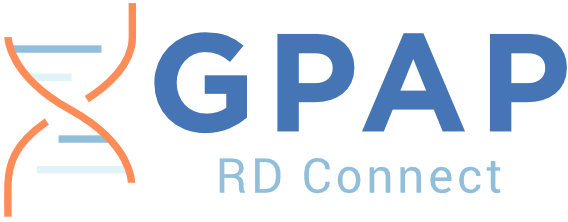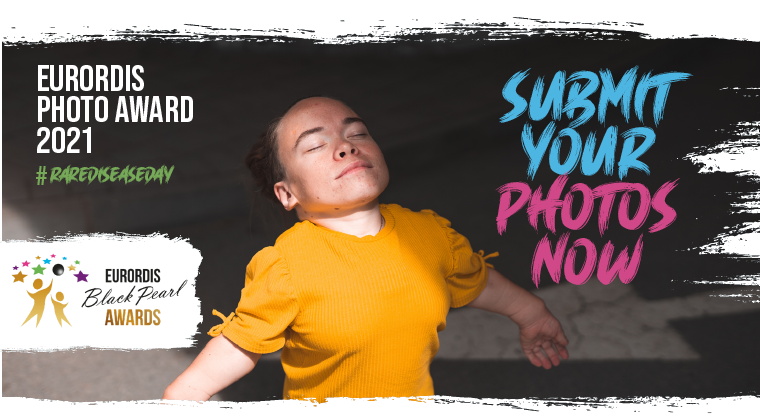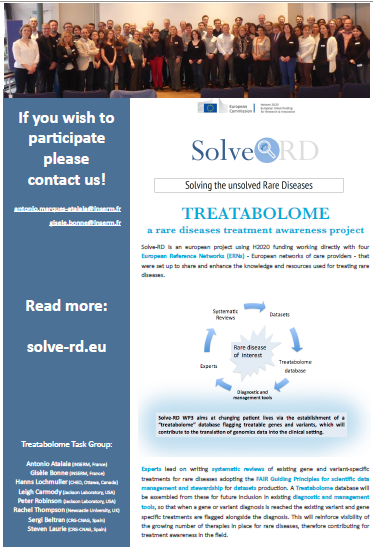
PhenoStore video
Solve-RD uses the RD-Connect Genome-Phenome Analysis Platform (GPAP) to analyse exome and genome sequencing data of rare disease patients. GPAP now includes a new module: the RD-Connect GPAP-PhenoStore.
You can access GPAP-PhenoStore via the "Access Phenotypic Data Submission" button on the GPAP Homepage. There you will also find a link to the new GPAP-PhenoStore User Guidelines and a summary video of the new module.
RD-Connect PhenoTips has now been retired. You will access GPAP-PhenoStore with the same credentials you use for the GPAP analysis platform.
The online seminar the GPAP team hold on 26 November is available here.




